Yet, Desi media is shy of bi-raciality
I watched the new Netflix Show about Masaba Gupta - a Mumbai based celebrity designer - because a couple of folks whose recommendations I trust said they loved it. I was cautiously optimistic.
There are so many enjoyable things about the show. It seems to defy so many stereotypes about Desi norms around gender and sexuality. Folks are queer and accepting of queerness without awkwardness. Folks are open about their sexuality and openly sexual in ways that defy “log kya kahenge?” (what will people say?) standards.
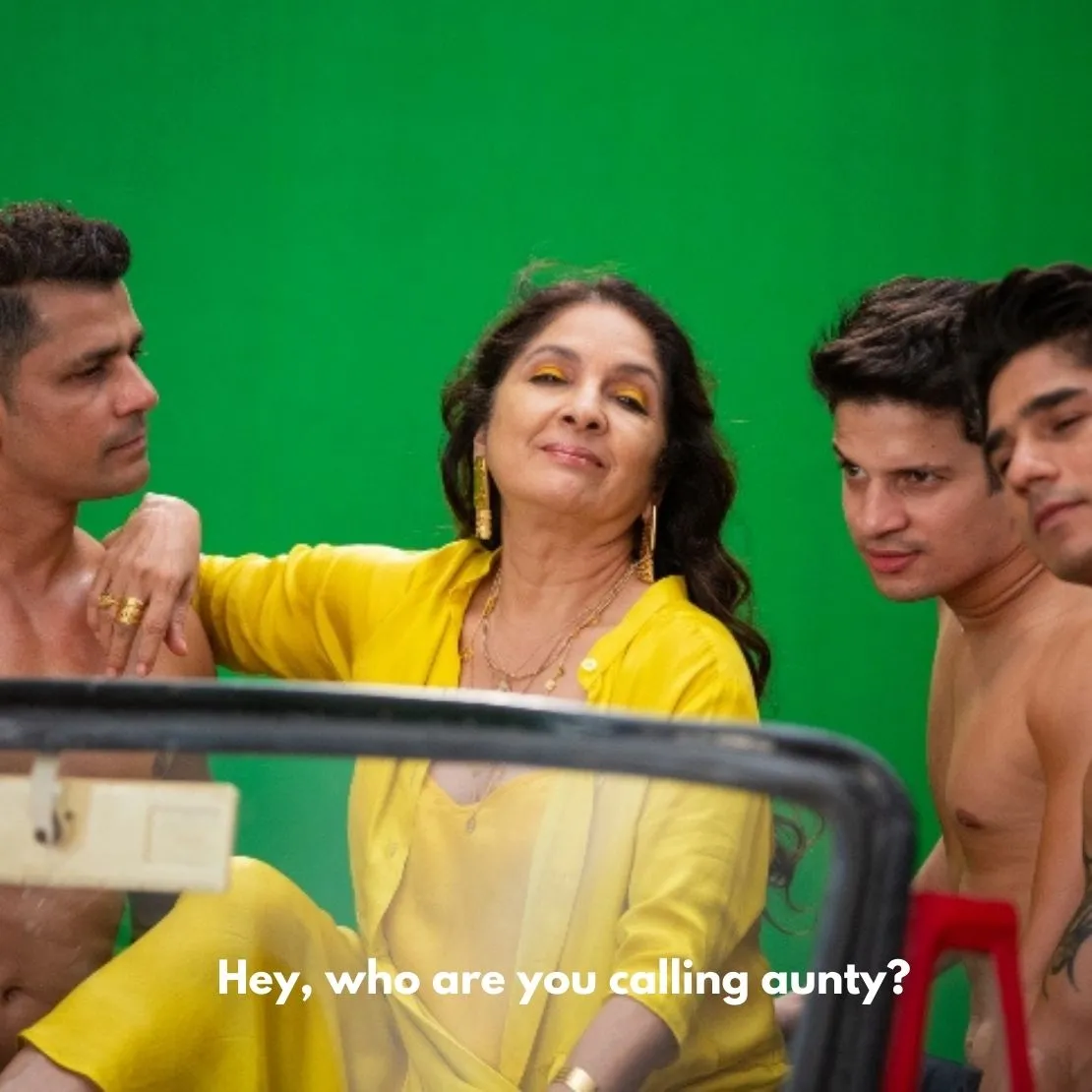
The women own themselves outside of marriage. Well, mostly, but yes, patriarchal norms loom like grey clouds over the semblance of female empowerment. Folks marry. Folks divorce. Ah well, so many Desi taboos about women’s roles and expectations are handled with “whatevs” dismissiveness that pervades the millennial generation everywhere. Many of these lighthearted handlings of serious taboos issues make the show refreshing and enjoyable. The unexpected flashbacks to a girlhood version of herself are my personal favorite parts of the show.
Every time child Masaba shows up, I could not contain my delight.
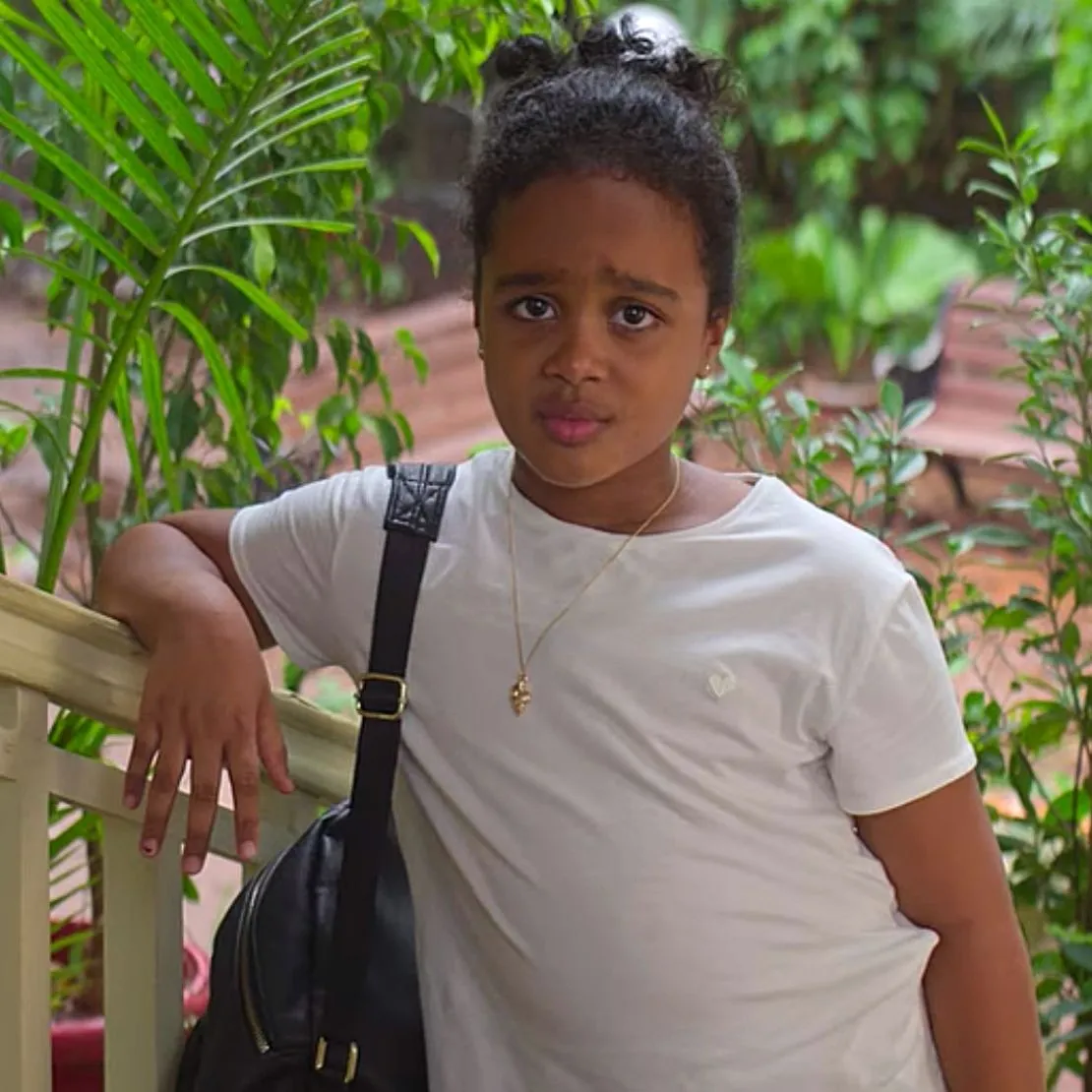
The conclusions lauding the importance of truth, honesty, and vulnerability in being “hot messes” sang to my heart. What if I had encountered such humorous truth telling in my twenties? It would be a game-changer. Well, there is much to thank this show for. It breaks down silences and opens up conversations.
But, as I watched, I had so many questions that were left unanswered. These silences, these gaps, these oversights added up to…Black erasure.
There are offhand remarks and gossipy insinuations to Masaba’s mother about her husband. There are hints of hair texture dilemmas. There are jokes about body hair. There are side remarks about Masaba being a country in Africa. There are odd pauses about body type and back sides. There are hints of oversexualization of Masaba’s body. There are African inspired fabric prints and designs in her fashion collection. The photographs from her childhood convey a lot. There are dismissive remarks, none of which are dealt with head on, about Masaba’s biracial identity.
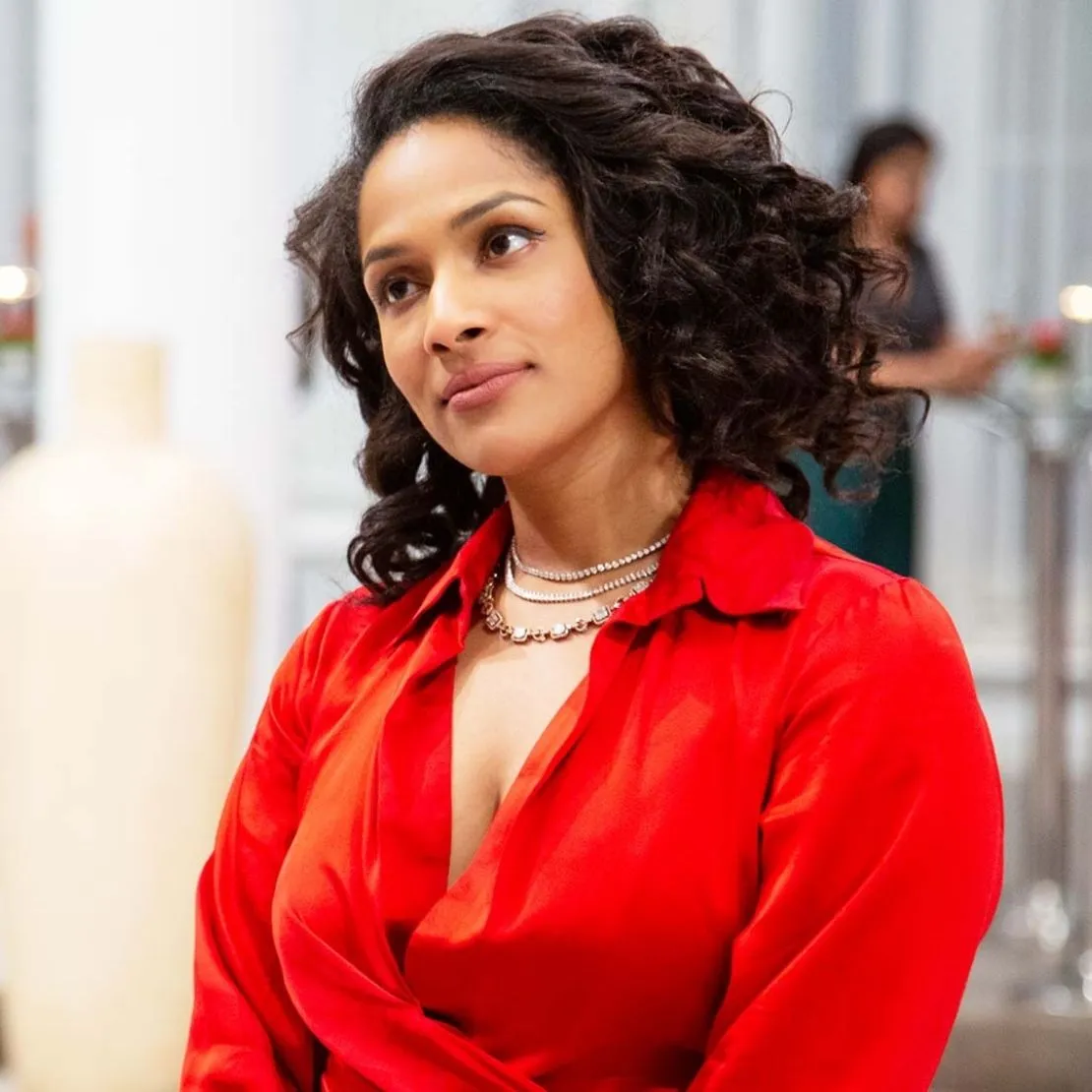
I had not known much about the Guptas’ story. I assume most folks in touch with Bollywood goings on are well aware of the gossip or mystery surrounding Masaba’s family. All the impressions and questions that started to pop up for me prompted me to do a couple of quick searches. Masaba’s father is Viv Richards, a world record holding West Indian cricketer. Although she was raised in India by her mother, veteran actor Neena Gupta, it is generally known that her biological father is not Indian. Who knew? I did not. I looked it up. Now, I know and I find it difficult to watch the show without acknowledging this significant truth.
I respect that Masaba owes nobody her life story. She is not the one I ask these questions to.
Rather, I wonder what about Desi communities has made it so that there are so many cones of silence. There is so much we don’t talk about openly. There is shame around divorce or single parenting or even widowhood. Patriarchal norms have a stranglehold on many of us whose families do not meet the rigid heteronormative requirements set by marriage. Masaba takes on many of these taboos. The silences that are broken by Masaba’s show are commendable.
In an alternate show, or perhaps, an imagined near future I envision Masaba proudly stating: I am Blindian. My father is West Indian. I have Caribbean ancestry.
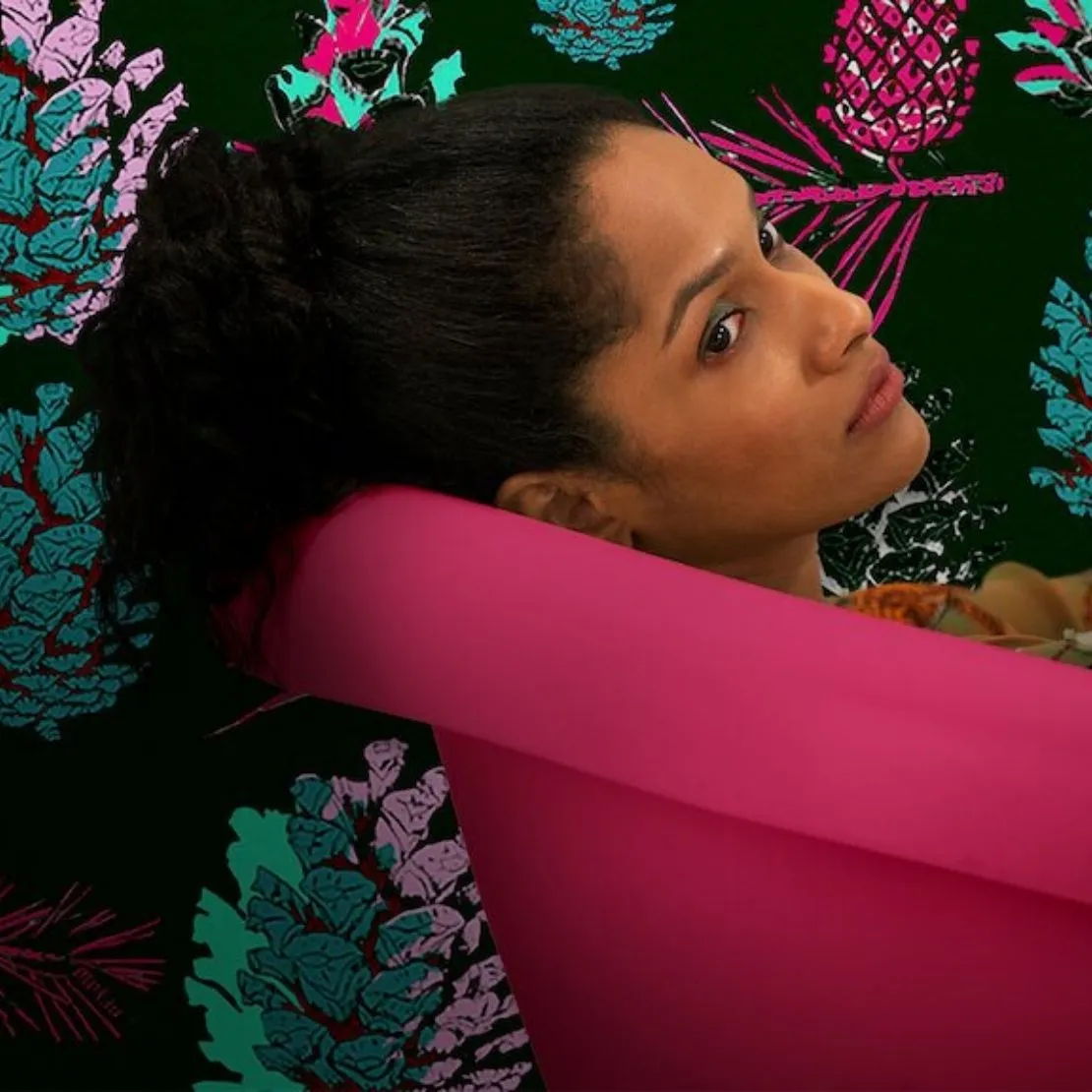
One simple statement or characteristic off the cuff remark or quirky Instagram post early in the show to acknowledge her intersectional multiracial identity would have transformed this show. A therapy session in which there is a matter of fact discussion about racial identity would have been simply eye opening.
Black Indians exist. Biracial Indians raised by just one parent exist. Desi children born outside of marriage exist. Desi folks healing colorism in their families exist. Blindian folks who pride themselves in their Blackness do exist. Black children with Desi mothers who pride themselves as Black exist.
The show lost a vital opportunity to share these nuanced truths and open up these critical discussions. It disappointed my family and families like mine. The show had so much potential but it failed those of us who are ready for these complex realities in our communities to be accepted freely.
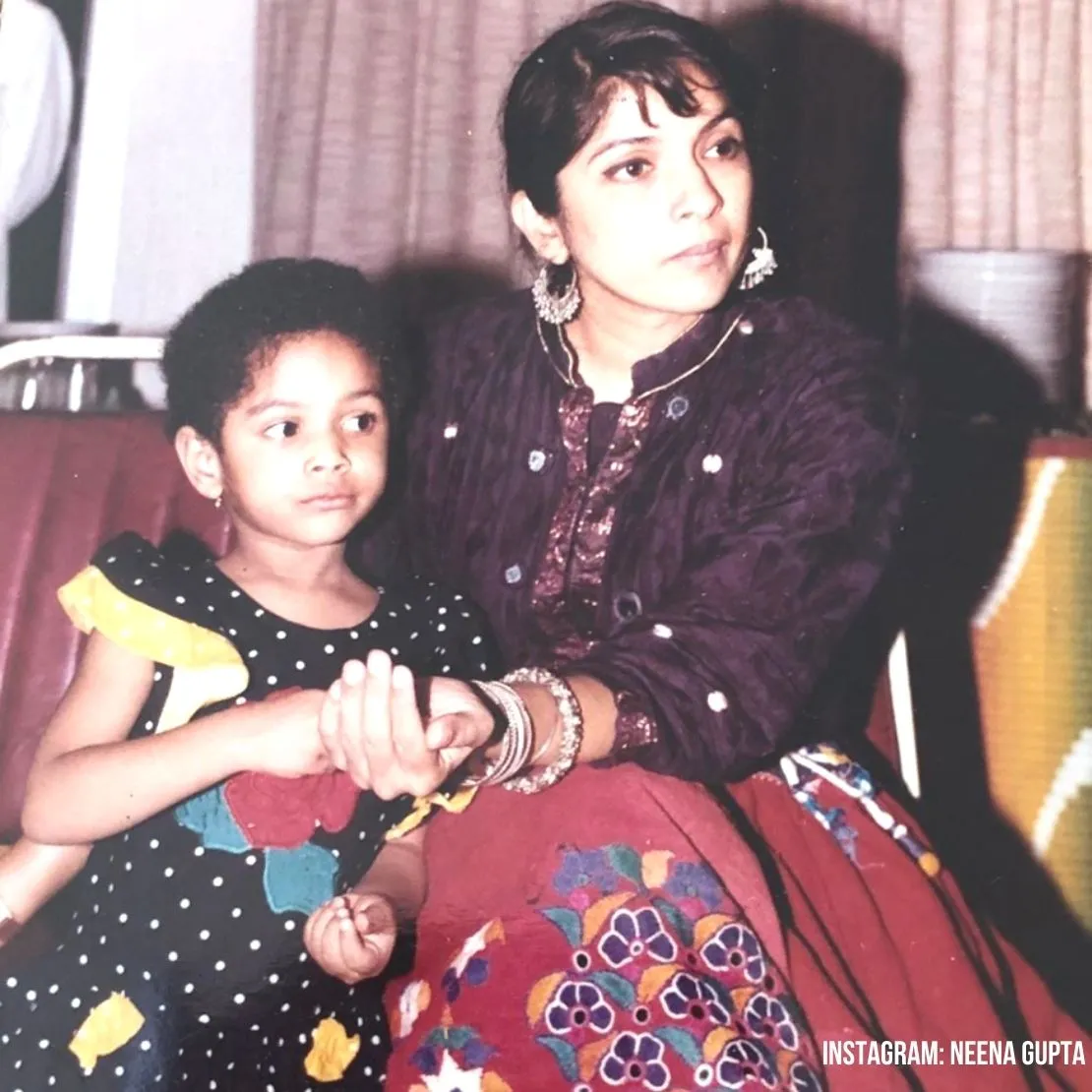
I am the mother of (biracial) Black children in America. In the United States context, one feature of Black identity development that Desi communities are grappling with anew because of Kamala Harris is that if you have a Black parent, you are Black. A nuanced discussion about biracial identity is elusive everywhere. I imagine that Masaba, raised in India by an Indian mother has assimilated into Indian-ness in complex ways. I concede that lengthy explanation might be awkward or taxing in ways the show doesn’t permit. I also respect that there are some truths too intimate to reveal in a show like this.
As someone who spends a great deal of her parenting and educator life addressing matters of anti-Blackness, I am puzzled by the erasures and selective silences in the Masaba show.
Erasure of Blackness can also be a form of anti-Blackness.
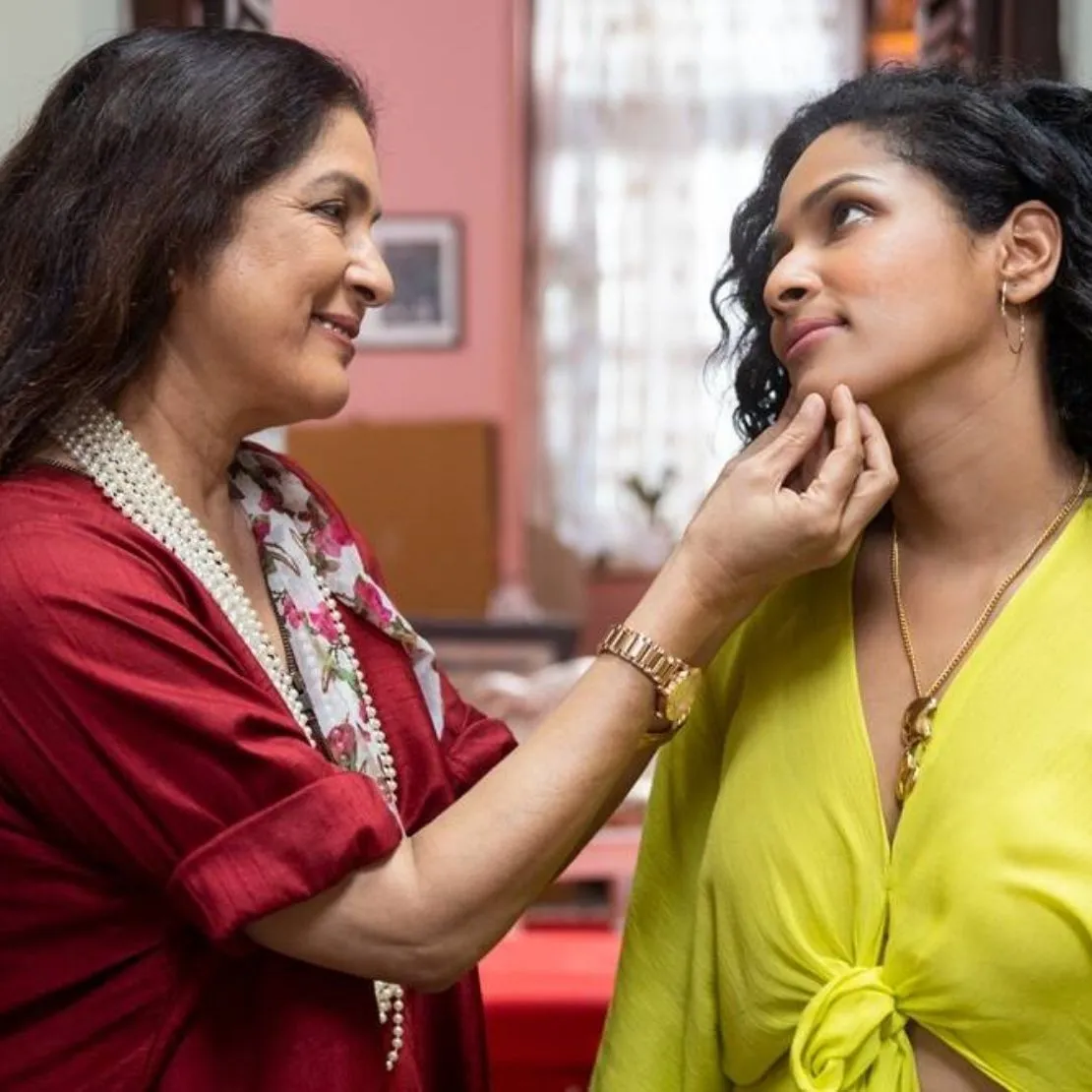
There are blatant anti-Black attitudes and then there are subtle ways that we look the other way, silence and otherwise deny Blackness. The show has some critical lapses and as much as it delighted me, it disappointed me too.
This show breaks down silences and opens up many refreshing conversations. The silences that remain tell us where we have healing to do. The narratives that remain unspoken in this show are around race, racism, and Anti-Blackness.
In 2020, these conversations and actions to rectify our Anti-Blackness are long overdue. We have a lot more work to do. This show could have helped move us along. Masaba Masaba, to me, is a missed opportunity for Black Indians who crave to watch themselves included in Desi shows and films.